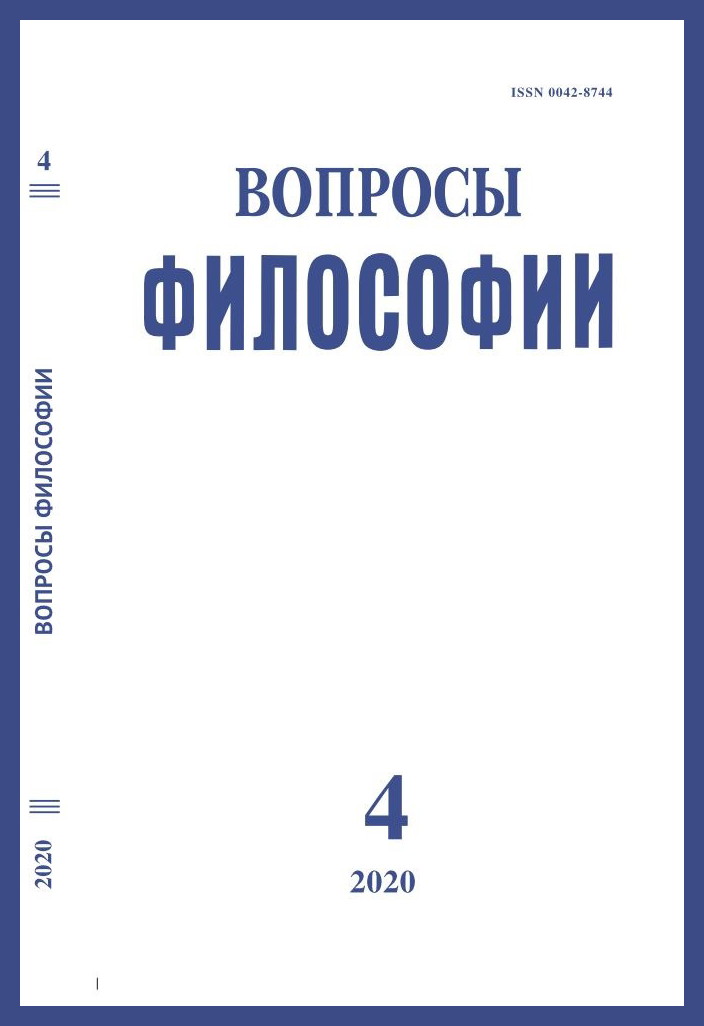On Narrative Meanings of Proper Names
DOI:
https://doi.org/10.21146/0042-8744-2020-4-20-30Keywords:
philosophy of language, discourse, semantics, meaning, denotation, proper name, narrativeAbstract
The article holds the idea that the meaning of proper names can be considered as activators of narratives. The authors apply the methods of discourse semantics and emphasize that there is a tendency in modern semantics to distinguish between denotations – things in the world which names denote, ‒ and abstract entities which are elements of the discourses where the names are used, which those names introduce – so-called discourse referents. An essential feature of these referents is that they are determined by discourses – finite sequences of utterances. In the framework of this approach definite expression like proper name always introduces something known from the previous discourse, whereas indefinite expressions introduce new content. The authors come to the conclusion that a definite expression may be used in the situation when the current discourse doesn’t tell what its subject-matter is (e.g. in the beginning of the discourse). In this case, the abstract meaning of a name cannot be its discourse referent because there is not yet any discourse referent to be used. The authors show that in such a case the meaning of a proper name is determined not by the discourse which utilizes it, but by a more complex set of sentences exemplified by different discourses, which may be called a narrative. Thus, in certain cases meanings of proper names are narratives activated by their uses.

